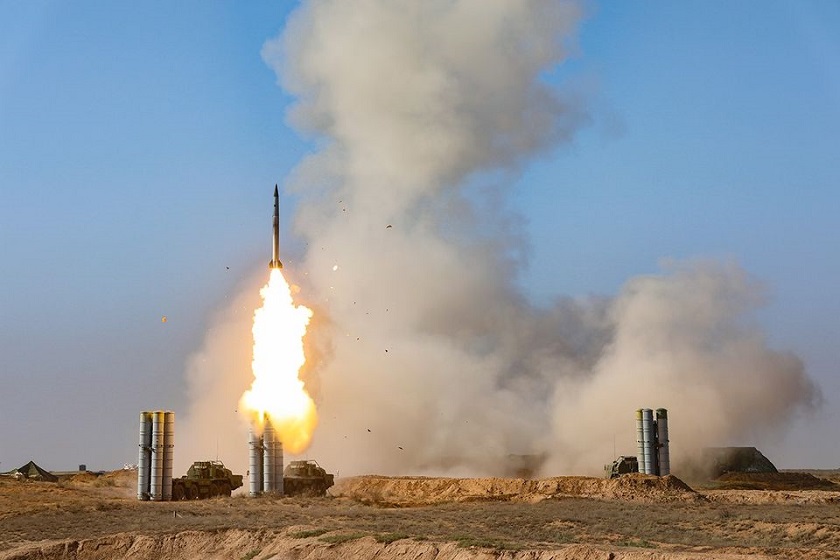According to the watchdog, Block 4 will “have fewer capabilities, will experience schedule delays, and will have unknown costs” until the Joint Program Office (JPO) finalises a new estimate and formally separates the upgrade as a sub-program. Congress mandated the restructuring in 2023 to give greater visibility of cost and schedule pressures that had been masked by the scale of the $2 trillion programme.
Then-programme director Lt. Gen. Michael Schmidt previously said Block 4 would be “reimagined,” describing the upgrade as overly ambitious and noting some improvements were not worth the cost or effort. His successor, Marine Corps Lt. Gen. Gregory Masiello, assumed the role earlier this summer.
The GAO reported that Block 4 will now include “a subset of the original 66 … capabilities and those added in later years,” although the JPO has not specified which will proceed. Some requiring an engine upgrade will be deferred until around 2033, while others were dropped because “they … no longer meet warfighter needs.”
Technology Refresh 3 (TR-3), a precursor providing the processing power for Block 4, has faced testing delays that caused a year-long halt in F-35 deliveries. The GAO noted that “airframe and engine deliveries averaged 238 days late in 2024” and cited programme officials as saying Lockheed Martin now plans to deliver combat-ready TR-3 aircraft in 2026, a three-year delay.
Supply chain problems “continue to strain” aircraft and engine production schedules, the GAO said, with pressures leading to “increasingly late deliveries.” It urged the Pentagon to better align production and sustainment goals with contractor capacity to improve performance.
Recommendations included assessing Lockheed Martin’s ability to meet delivery targets, revising incentive fee structures that “reward[ed] contractors for delivering aircraft and engines late,” and expanding digital design processes. The Pentagon accepted most proposals, with the GAO acknowledging “the Pentagon has taken some positive steps” but concluding “further action is warranted to fully address the recommendations.”
The JPO is preparing a response to the audit but has not yet released details. A spokesperson confirmed that a definitised contract for production Lots 18 and 19 will be announced “at the start of autumn,” following a “handshake deal” last November.
In its conclusion, the GAO said the F-35 “remains critical to our national defense, as well as that of our partners and allies,” adding that with the programme moving from development to production, “it has an opportunity to cut a new path of greater accountability for delivering highly capable aircraft that meet warfighter needs at the pace of relevance.”





















